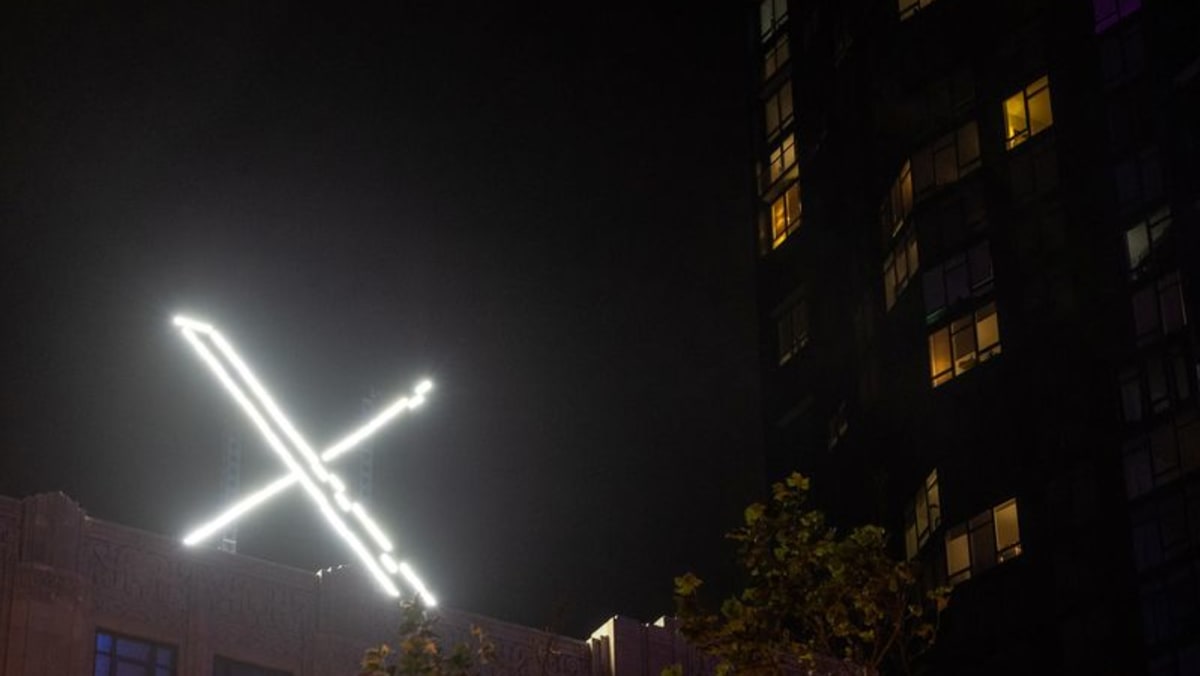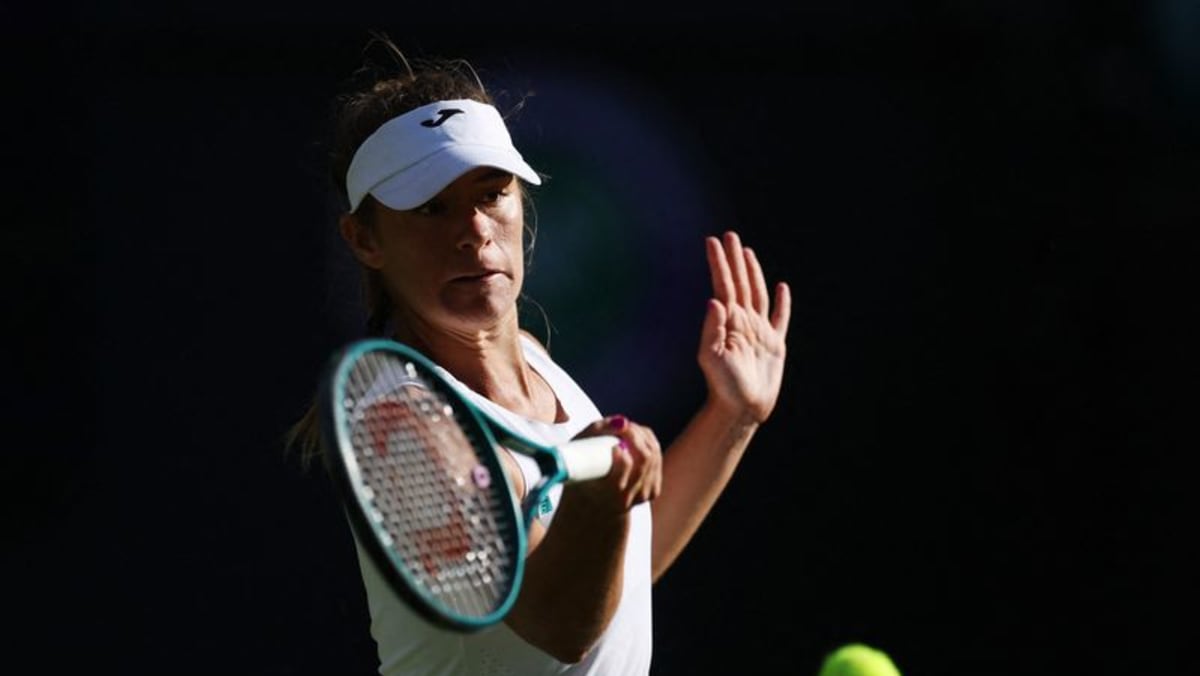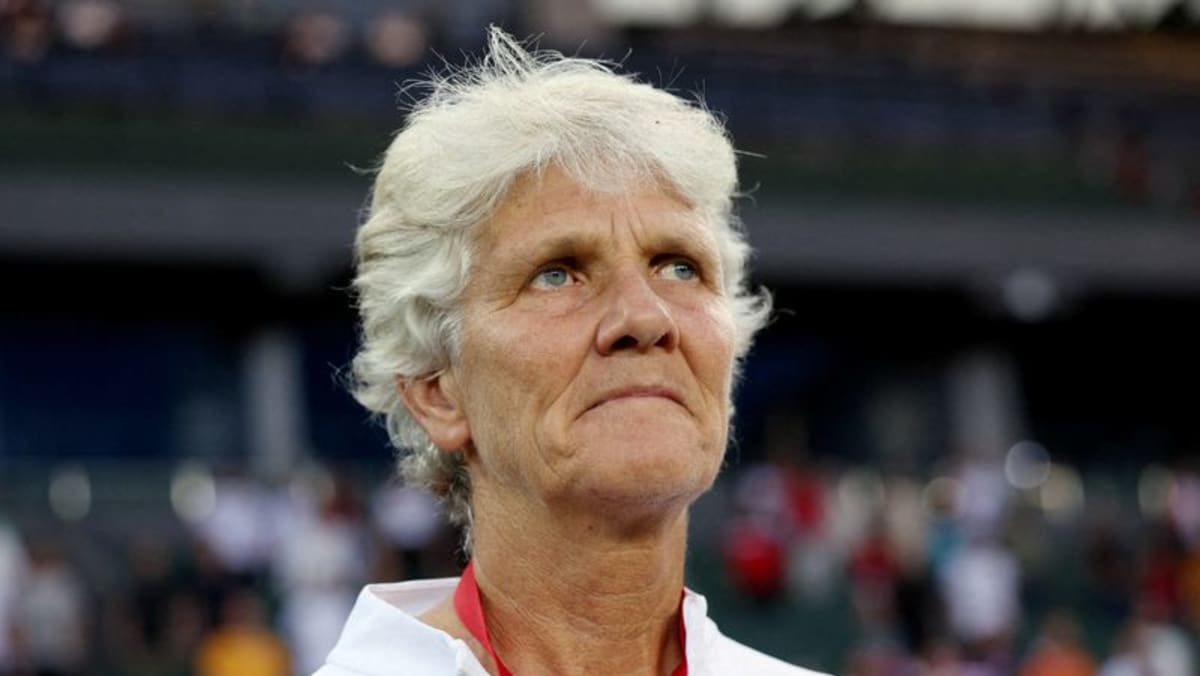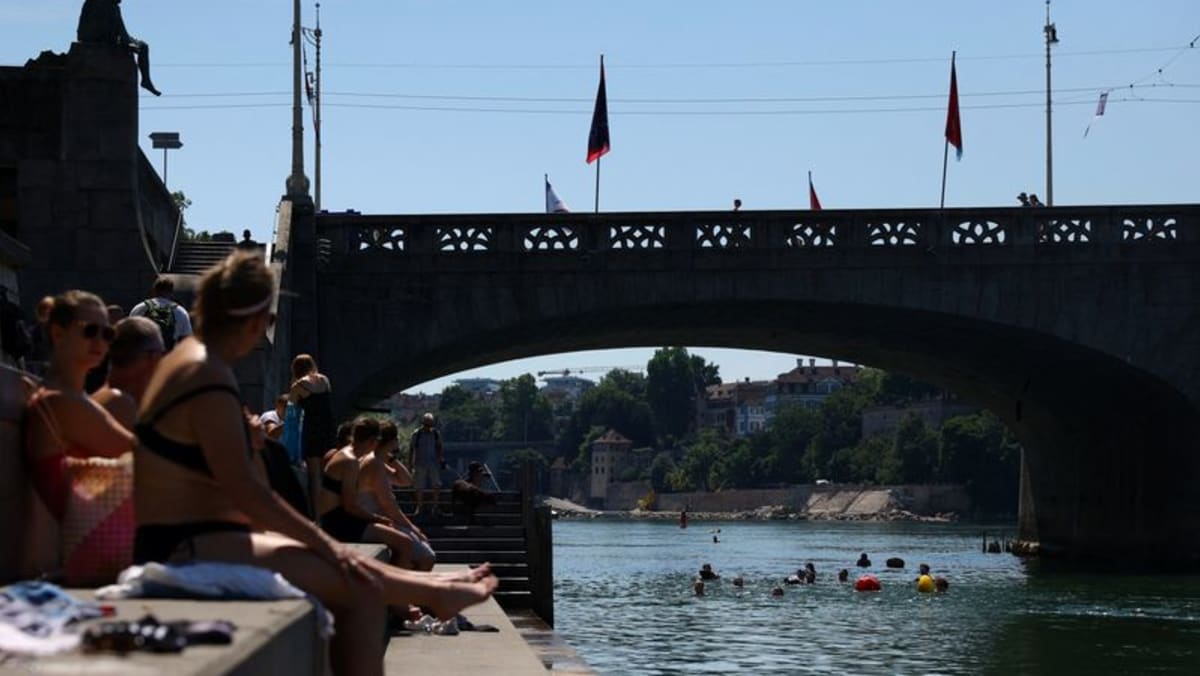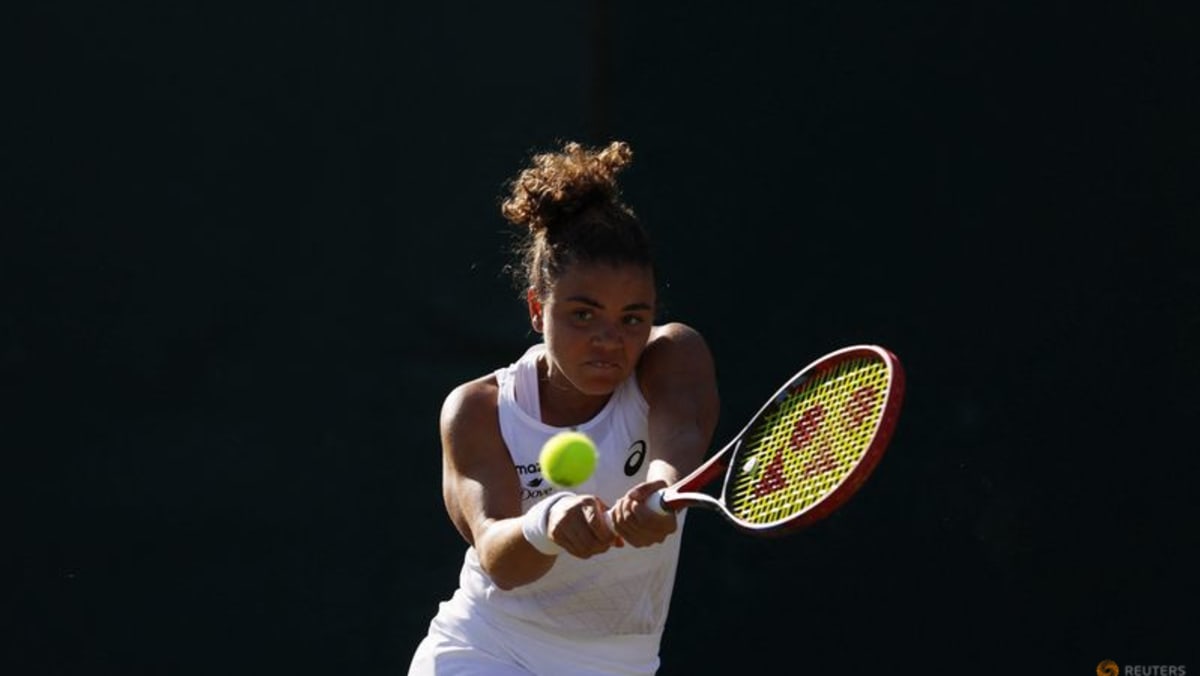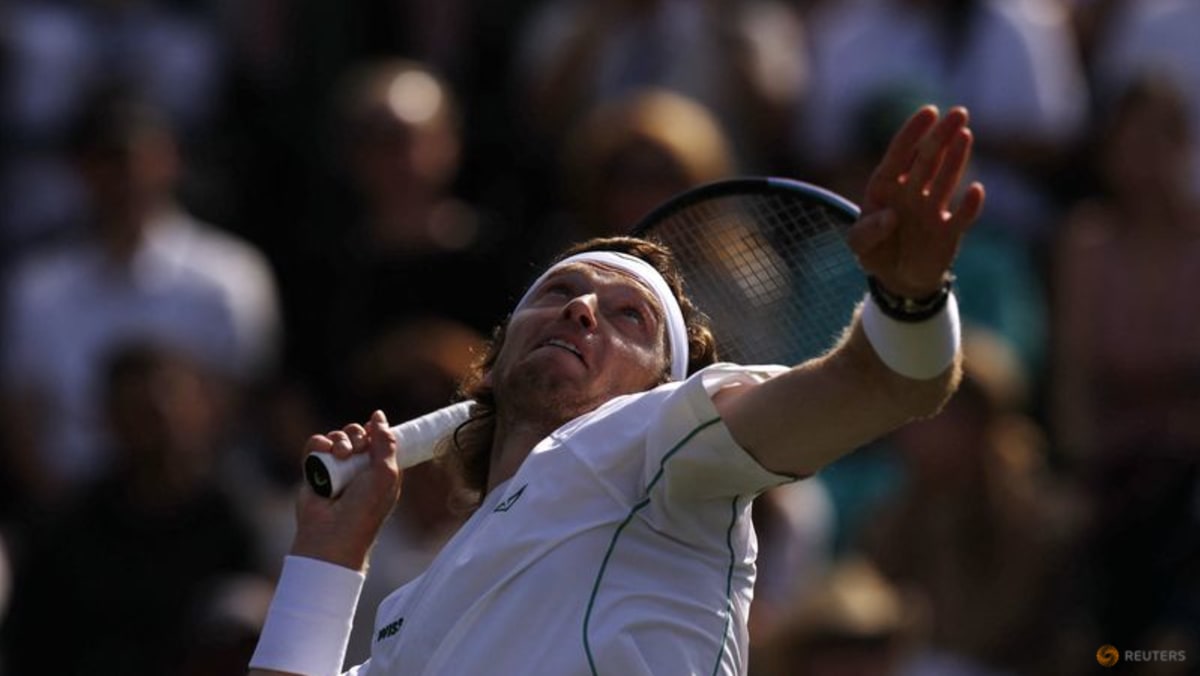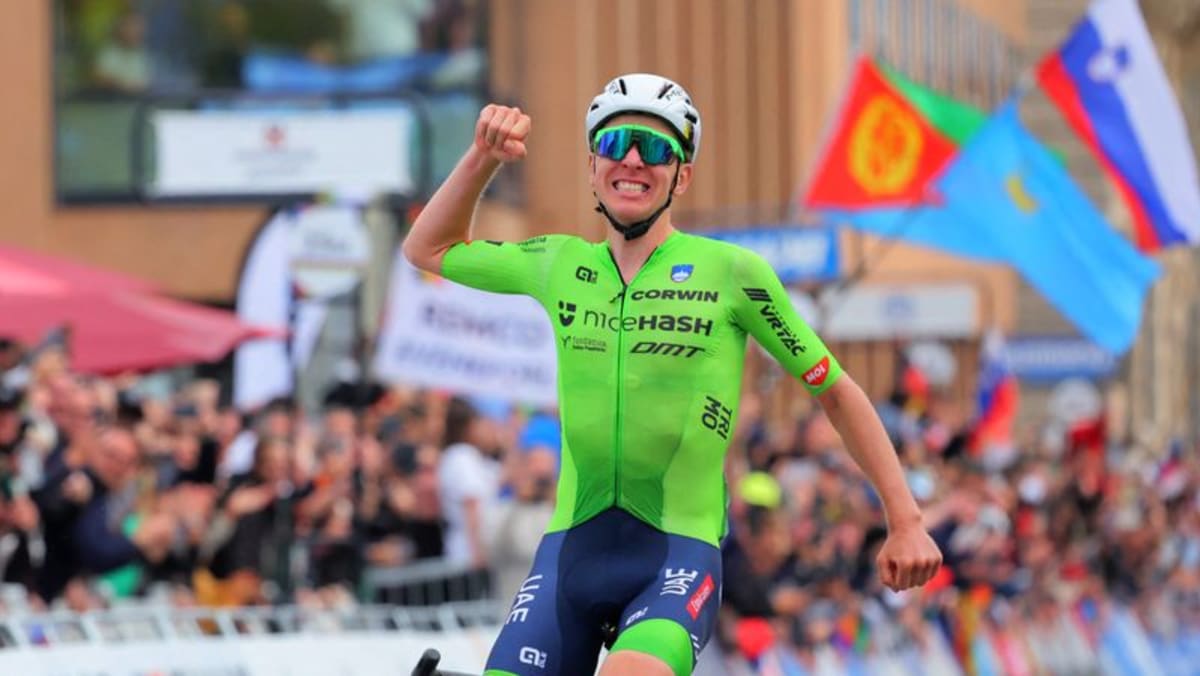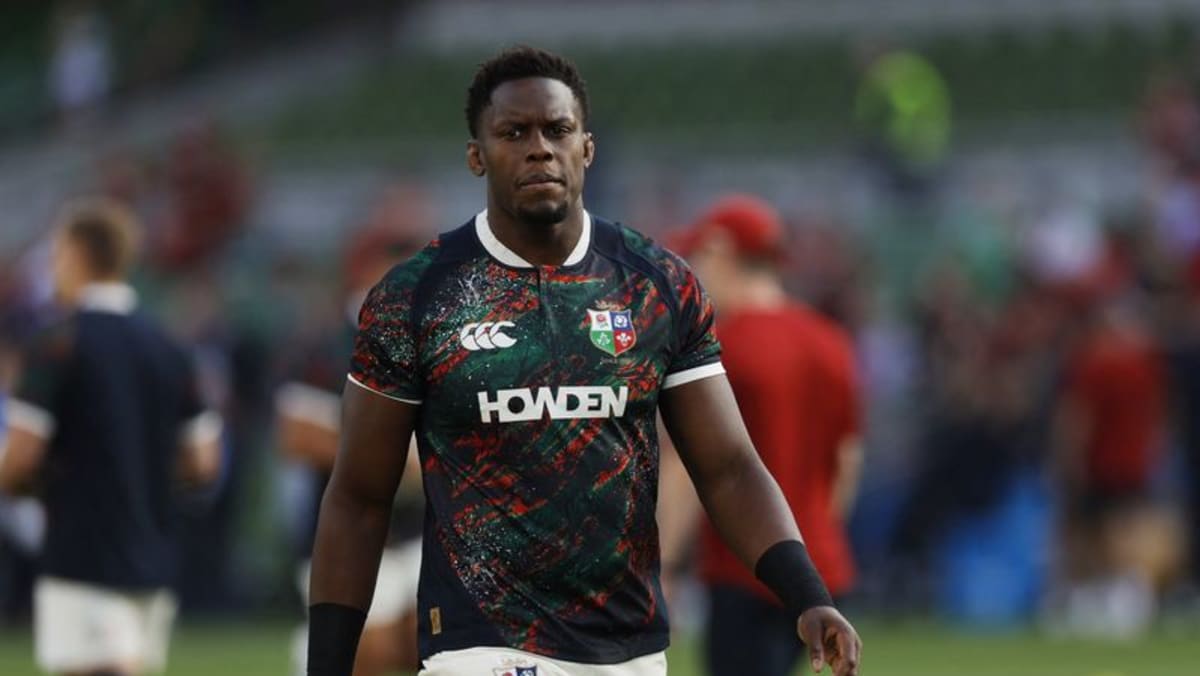ZURICH :From tournament stalwarts Pia Sundhage and Sarina Wiegman to international debutante Rhian Wilkinson, the Women’s European Championship that kicks off on Wednesday in Switzerland marks an historic high for female coaches.
But while women’s soccer is one of the better sports for female representation, male coaches still have a slight edge in terms of numbers with nine of the 16 teams at Euro 2025 coached by men and seven by women.
The 43.75 per cent of female coaches is a seismic leap from Euro 2013, where just 18.75 per cent of teams were coached by women. That figure had nearly doubled by 2017 and held steady in 2022 at 37.5 per cent.
“It’s clear progress is being made – slowly but surely,” the Female Coaching Network said. “Of course, there’s still a long road ahead. Change takes time.”
Lack of success has not been a factor. Between 2000 and the 2023 Women’s World Cup, all but one of the major women’s football tournaments – World Cup, Women’s Euros and the Olympics – were won by female-coached teams. Norio Sasaki, the man who coached Japan to World Cup gold in 2011, was the sole exception.
Wiegman was the last woman standing in 2023 in Australia, where England reached their first World Cup final, losing to Spain.
Spanish manager Luis Rubiales was fired and then found guilty of sexual assault and fined more than 10,000 euros ($10,798) for kissing national team player Jenni Hermoso during the World Cup trophy celebration in a case that sparked a nationwide furore.
Sundhage is by far the most experienced coach at Euro 2025, having been head coach of the United States and Sweden for five years each, Brazil for four years and now hosts Switzerland. She guided the Americans to gold at both the 2008 and 2012 Olympics.
Wilkinson, who is coaching Wales in their major tournament debut, Elisabet Gunnarsdottir (Belgium), Nina Patalon (Poland), and Gemma Grainger (Norway) are the four women making their managerial debuts in a major senior tournament.
Women represented about 13 per cent of all coaches at last year’s Paris Olympics, which was virtually unchanged from the 2020 Games in Tokyo.
Women’s basketball led the way with 50 per cent, followed by football (33 per cent) and hockey (16 per cent). Among the worst were athletics at 13 per cent, women’s rugby sevens (8 per cent) and women’s golf (6 per cent).
